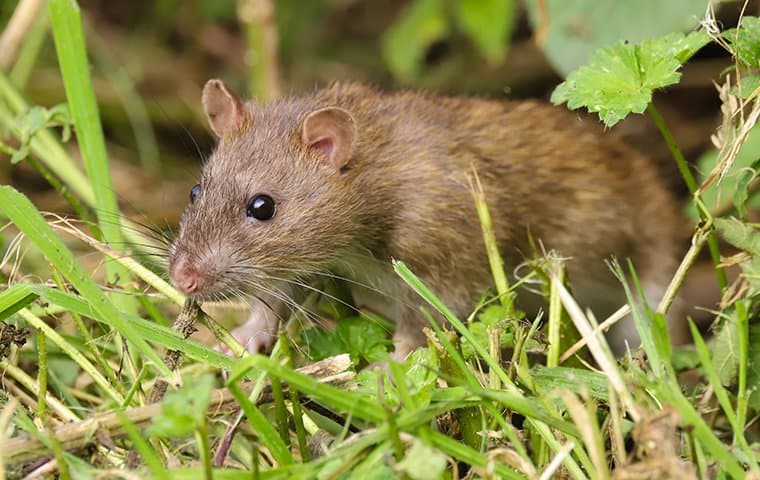Mice can be a persistent problem in gardens, causing damage to plants and creating an unsightly mess. However, there are natural ways to deter these tiny invaders. One effective solution involves using garden mouse repellent plants to keep your green space mouse-free. By incorporating certain plants into your garden, you can create a natural barrier that mice are less likely to cross. In this article, we'll explore various plants that act as natural rodent deterrents and offer tips for integrating them into your garden.

Why Use Garden Mouse Repellent Plants?
Resorting to chemical-based repellents or traps can sometimes pose risks to pets, children, and the environment. Instead, using garden mouse repellent plants provides a more eco-friendly approach. These plants not only serve as a natural deterrent but also enhance the beauty and diversity of your garden. Many of these plants emit strong scents that are unpleasant to mice, effectively keeping them at bay.
Moreover, these plants can be part of a holistic pest control strategy. For instance, combining them with other natural repellents such as cedar oil can maximize your efforts. If you're curious about cedar oil and its efficacy, you can read more about it through this comparison article.
Top Plants to Repel Mice
1. Peppermint
Peppermint is well-known for its refreshing aroma, but its strong scent is something mice detest. Planting peppermint around the perimeter of your garden can act as a natural barrier. Additionally, peppermint can be used in essential oil form for added protection.
2. Lavender
Besides its calming properties for humans, lavender is another plant that can help deter mice. The strong fragrance of lavender is unpleasant to many pests, making it an excellent addition to your garden.
3. Daffodils
Beautiful yet potent, daffodils are toxic to mice and other rodents. Their bitter taste and strong smell make them an unattractive choice for mice looking for a snack.
4. Garlic
The pungent aroma of garlic is not only a great addition to various recipes but also a natural repellent for mice. Planting garlic around your garden can help keep these pests away.
Implementing Mouse Repellent Plants in Your Garden
To effectively use garden mouse repellent plants, consider planting them in strategic locations. Start by creating a perimeter around your garden beds with these plants. This makes it difficult for mice to enter the area. Additionally, interplant these repellents with other plants to maximize their effectiveness.
Moreover, maintaining a clean and tidy garden is crucial. Remove any debris or potential nesting sites that might attract mice. For more comprehensive advice, you might want to explore additional rodent-proofing steps.
More Pest Control Tips
While planting garden mouse repellent plants is a great start, there are other natural methods you can implement. For instance, regularly trimming your plants and ensuring there's no excess food or waste can greatly reduce the chances of a mouse infestation.
If you're dealing with a severe mouse problem, consider consulting pest control professionals. They can offer tailored solutions that complement your natural deterrents. For further reading, check out this guide on getting rid of mice at home.

FAQs
What scents keep mice away?
Scents like peppermint, lavender, and garlic are effective in keeping mice away. These strong aromas are unpleasant to mice and can deter them from entering your garden.
How do I make a natural mouse repellent spray?
You can make a simple mouse repellent spray using essential oils like peppermint or lavender diluted in water. Spray this mixture around your garden to enhance the repellent effect.
Can these plants deter other pests?
Yes, many garden mouse repellent plants can also deter other pests. For example, lavender and peppermint can repel insects such as mosquitoes and flies, adding extra benefits to your garden.
